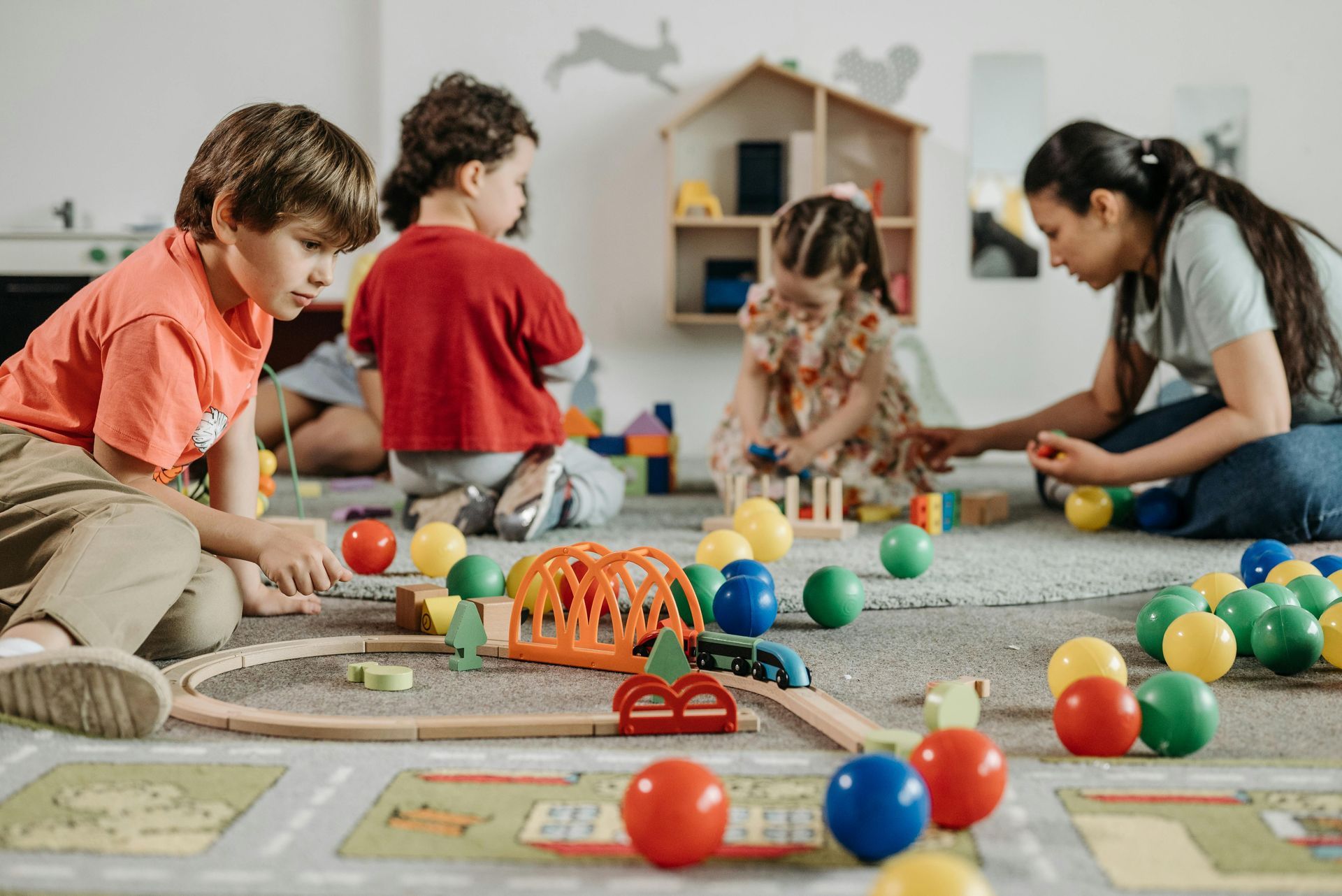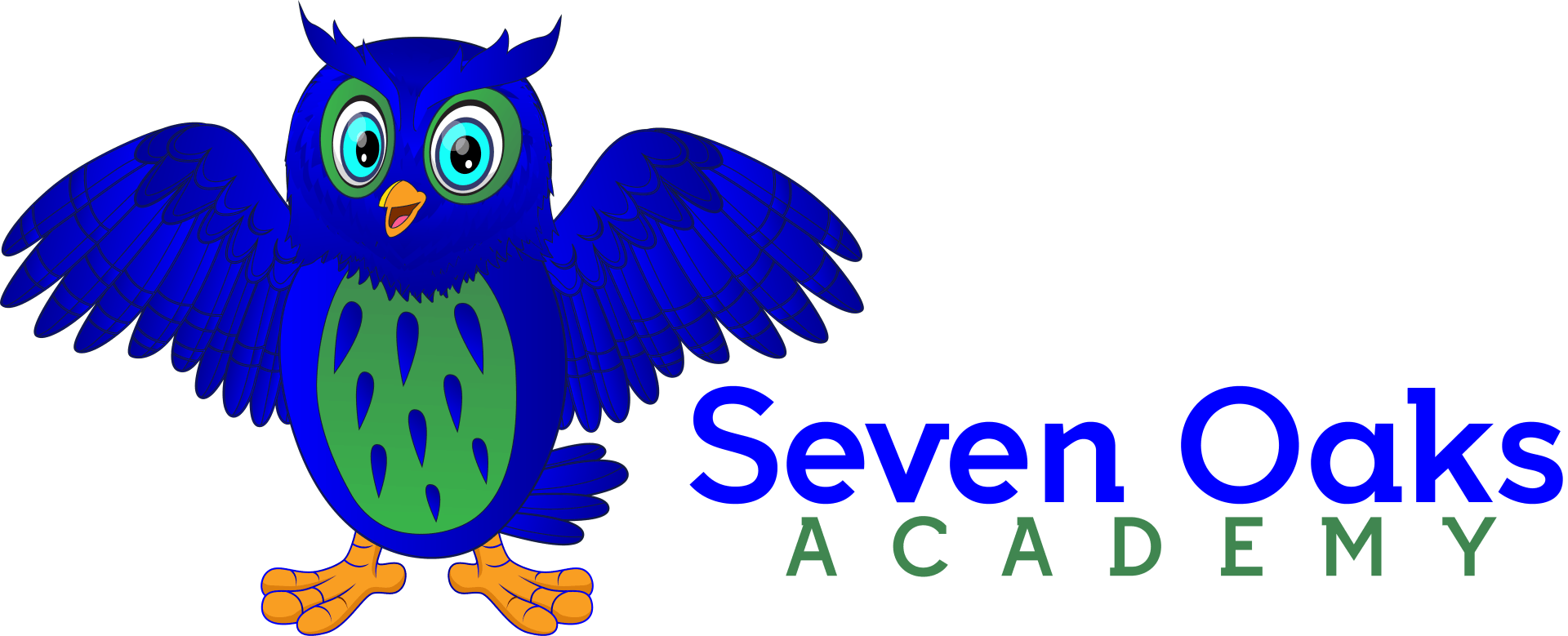
In today's interconnected world, bilingual education is becoming increasingly important. Combining this with the Montessori approach creates a unique and powerful environment for fostering language skills in children. Montessori education, with its child-centered philosophy, naturally complements bilingual education, providing an enriched and immersive language-learning experience.
The Montessori Philosophy
Montessori education is grounded in the belief that children are naturally curious and capable of self-directed learning. This approach emphasizes hands-on, experiential learning and encourages children to explore their interests at their own pace. The Montessori environment supports independence, allowing children to choose their activities and engage deeply in their learning.
The Benefits of Bilingual Education
Bilingual education offers numerous cognitive, social, and cultural benefits. Research has shown that children who learn a second language from an early age exhibit enhanced logical abilities, including improved problem-solving skills, creativity, and multitasking. Additionally, bilingual children often have better memory, attention, and executive function.
Socially, bilingualism fosters open-mindedness and cultural awareness. Children exposed to multiple languages develop a greater appreciation for diversity and are better equipped to navigate our global society. Moreover, bilingual individuals often have more opportunities in the job market and can communicate effectively with a broader range of people.
Integrating Bilingual Education into Montessori
Integrating bilingual education into Montessori classrooms involves creating an immersive language environment. Here are some key strategies used in Montessori bilingual programs:
- Dual Language Materials: Montessori classrooms are well equipped with materials in both languages. It includes books, labels, and learning tools. For example, a classroom might have storybooks and vocabulary cards in both English and Spanish. This exposure helps children naturally acquire vocabulary and language structures.
- Language Immersion: In a Montessori bilingual classroom, teachers often speak to the children exclusively in the target language. For instance, one teacher might always speak in English while another speaks in a second language, such as French or Mandarin. This immersion approach helps children develop language skills in a natural and meaningful context.
- Cultural Integration: Montessori education emphasizes the importance of cultural understanding. Bilingual programs often incorporate cultural lessons and activities related to the languages taught. Children might learn about traditions, holidays, and customs from different cultures, fostering a deeper connection to the languages they are learning.
- Peer Learning: Montessori classrooms encourage peer learning, where children of different ages learn from each other. In a bilingual setting, older children who are more proficient in the second language can model language use for younger children. This collaborative learning environment enhances language acquisition for all students.
- Parental Involvement: Bilingual Montessori programs often engage parents in the language-learning process. Parents might be encouraged to read bilingual books at home, participate in cultural events, or share their language skills with the class. It creates a supportive community and reinforces language learning outside the classroom.
The Impact on Children
Children in Montessori bilingual programs develop strong language skills and a deep appreciation for cultural diversity. They become confident communicators in multiple languages and are well-prepared for future academic and professional success. Moreover, the Montessori emphasis on independence and self-directed learning helps children become lifelong learners who are curious and adaptable.
Montessori and bilingual education is a powerful combination that fosters language skills, cultural awareness, and cognitive development. By fostering an engaging, nurturing, and culturally diverse environment, Montessori bilingual programs equip children to excel in a connected and globalized world. Embrace the language learning experience and watch your child flourish as a confident, curious, and capable individual.
Ready to see the transformative power of bilingual education in action? Discover how Montessori principles can elevate your child's language skills and open doors to a world of opportunities.
Call us today at
770-564-0470 to learn more about our innovative approach to bilingual learning!



